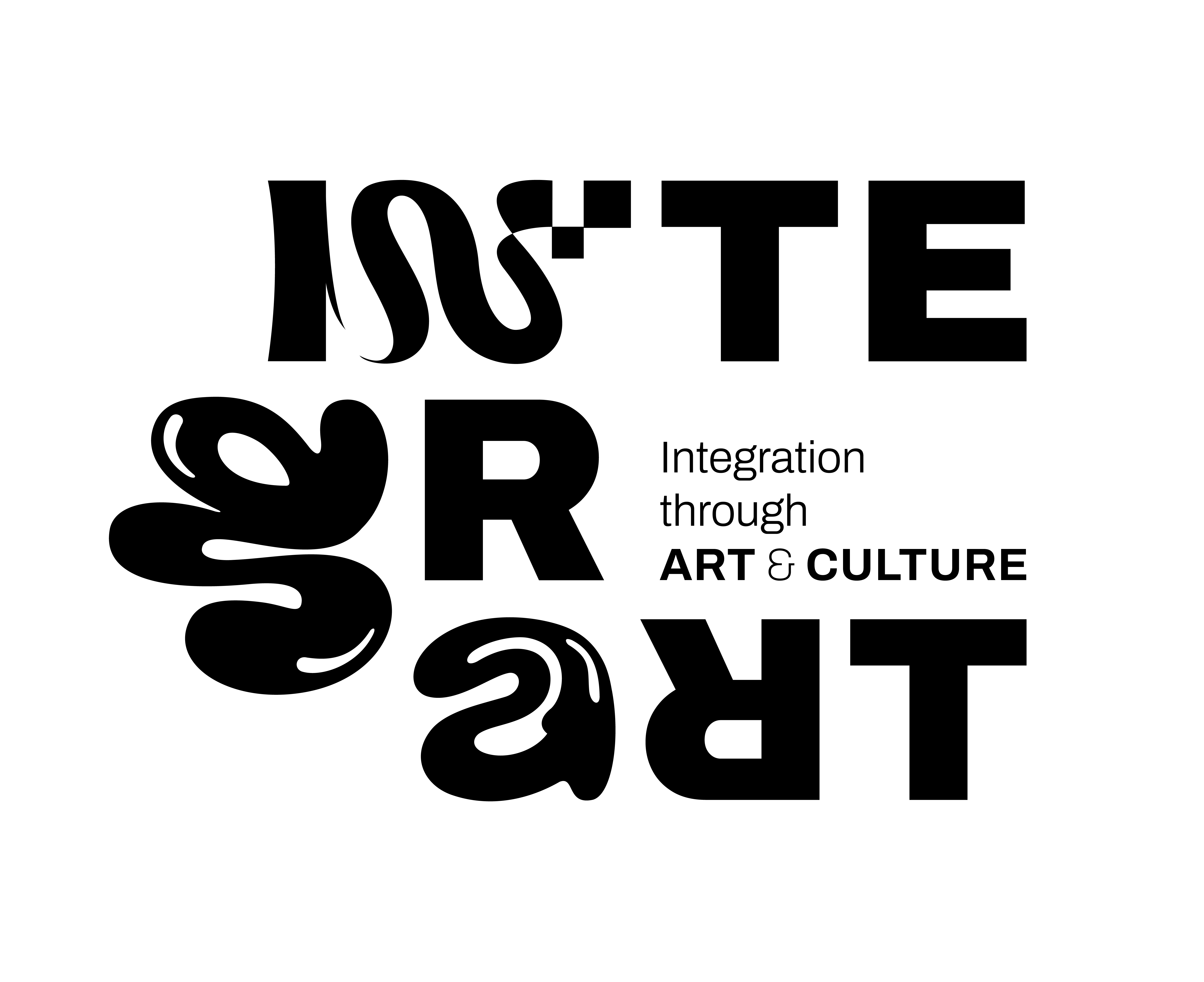Introduction
Our modern society is built upon diversity. Each individual wants to be respected and face no judgment for their upbringing. And so, having an open mind and striving for empathy in a blatantly unsympathetic world is hard, yet extremely important.
Intercultural events act as a bridge for a better understanding of other cultures and ways of thinking.
A little information about our volunteering group: we are IntegrART7. The seventh generation of volunteers trying to create integration through art & culture in the Polish city of Krakow.
We’ve been volunteering for almost two full months already and have been a part of several unique intercultural events. In this little blog post we will be venturing through these several months of cultural adventure by providing three different intercultural events as examples for this important aspect of our lives.
Cultural Sensitivity Is Important
In the realm of volunteer work, where compassion meets action, the essence of truly impactful service lies in the fostering of cultural sensitivity. This idea is not a choice to be had, it is the foundation of creating an atmosphere welcoming to everyone.
Through the lens of cultural sensitivity one gains the ability to appreciate the various details of different cultures. These could be things such as customs, belief systems, traditions.
By being open to new ideas and encouraging these ideas to others, a society could be built on curiosity and respect.
One great example of this type of thinking could be seen when we, the IntergART volunteers, were on our on-arrival training in Warsaw. There will be a further blog post about that in a bit, but for now I’d like to mention one detail.
In the midst of the week-long training course we had the chance to participate in various intercultural activities and learn about the other volunteers’ national backgrounds.
One of these was on the fourth day. Everyone got into groups of 4-5 and chose 3 topics out of maybe 20 to talk about with the other members of the group. The topics included things like “Hottest topic in your country right now”, “The Pros and Cons of the educational system in your country” and “The importance of faith in your culture”.
I personally learnt quite a lot about the German schooling system, the Spanish way of life, the importance of faith in Turkey and much more. By being curious about other cultures and their individual attributes one can shake off the subconscious “me vs. them” mindset and start working on a “me and them” one.
Engagement Strategies
When volunteering it is important for the hosting organization to create activities for the new volunteers to get to know each other and to celebrate their diversity while also preparing them for challenges that may arise from it.
These could include playing small ice-breaker games, encouraging people to not be afraid to talk about their own cultures and to feel good about it. To feel proud about your roots, whatever they may be.
I mentioned challenges as well. This is where empathy is important. Each person is from a different background with different values and ideals. So to foster a good connection, it is important to compromise and really try and understand where the other person is coming from.
This could include things like cleaning an apartment together, buying some type of food, solving arguments, speaking about certain topics. You must be sensitive to the other person’s culture to foster a genuine relationship.
In October four of the six volunteers attended a workshop by YouthHub in the center of Krakow. It was about non-violent communication, but also acted as a great way to experience casual intercultural communication.
There were people from all around Europe and beyond there. Spanish, French, German, Turkish, Azerbaijani. We talked about our feelings, how our cultures influenced them and our values in life. It was truthfully a great experience.
The Challenge of Language
One of the biggest concerns when living abroad is language. With volunteering it is very similar. If even one group of people you’re interacting with does not understand English well, it will be tough to express how you feel and what you need.
On our on-arrival we had an exercise focusing on problem solving in a volunteering scenario. One of them was about the obstacles language can bring. Miscommunication is not only confusing and frustrating, but also quite saddening. You can really feel like you’re not a real part of your environment.
Imagine, you don’t get along with your coworker, but neither one of you understands each other. There can really be no compromise or problem solving in that case. But there are ways to solve the language issue.
A person naturally gets better and better as time goes on with language. When you are obligated to speak English or Polish, or whatever other language you are naturally more inclined to do so. On top of that, if that language actually interests you, the learning will become as smooth as butter.
If it is really difficult to learn, there are always digital translators which can help. Personally I am a big fan of the DeepL Translator in comparison to the Google Translator. I’ve noticed it works much better and gives more natural responses in contrast to the robotic nature of Google’s translator.
There is always the choice to ask someone with a better understanding of English to translate what you want to say to the people around you. This might seem cumbersome and annoying, but being heard and understood is very important.
Building Connections
A successful intercultural event usually means meeting and befriending different individuals. Through an open-mind and a willingness to share your cultures together, there is an opportunity to build a long-lasting friendship.
It can even bring more success to individual projects such as workshops or general events as people whom you’ve befriended are more inclined to come and participate. This way you always feel validated and successful as a volunteer.
As mentioned previously, to create a welcoming atmosphere to promote intercultural events you can animate a few ice-breaker games or just try and get to know each other a little bit.
In our experience with MIK (Małopolski Instytut Kultury), they had created a very welcoming atmosphere with cookies, tea and coffee and some light small talk to get to know each other. That eased us perfectly into listening and discussing their values and ideals for the future as well as ours.
MIK deals with cultural heritage issues by showing a great effort into keepsaking the folk history of smaller towns in the Lesser Poland region of Poland. They have done great work creating town books, installing small museums in small villages and giving a name to those places that might have never gotten a spotlight if not for them.
Post-Event Reflection
As with all events, conclusions and reflections are incredibly important. To get feedback from the participants and also reflect on yourself as a participant. This is something we did a lot of on our on-arrival in Warsaw. After some bigger projects we had to always reflect, speak our thoughts and give constructive criticism to the organizers.
This way we could more easily understand what we are actually gaining from these intercultural events and what could be done better.
Tips for Future Intercultural Volunteer Opportunities
So what makes an intercultural event pop? It means creating a comfortable environment for everyone attending, getting to know each other, encouraging empathy and support throughout the whole experience and especially making sure everyone is curious and sensitive to the people around them.
Ideally, at least one person should feel like they know more about other cultures and about themselves after one of these types of events. And slowly, through more and more of them, we can change our local community to be more inclusive and welcoming to everyone. It is important to build solidarity.
Conclusion
While being a part of the IntegrART7 project, we’ve uncovered the transformative power of cultural sensitivity, language as a bridge, and the significance of genuine connections.
From engaging workshops to post-event reflections, each experience underscores the importance of fostering an inclusive atmosphere. These intercultural events, marked by empathy and curiosity, serve as catalysts for change, gradually shaping communities to be more welcoming and understanding.
As we continue this journey, we will continue to celebrate integration, solidarity and all of the important European values, ensuring that every volunteering opportunity becomes a stepping stone toward a more harmonious world.


